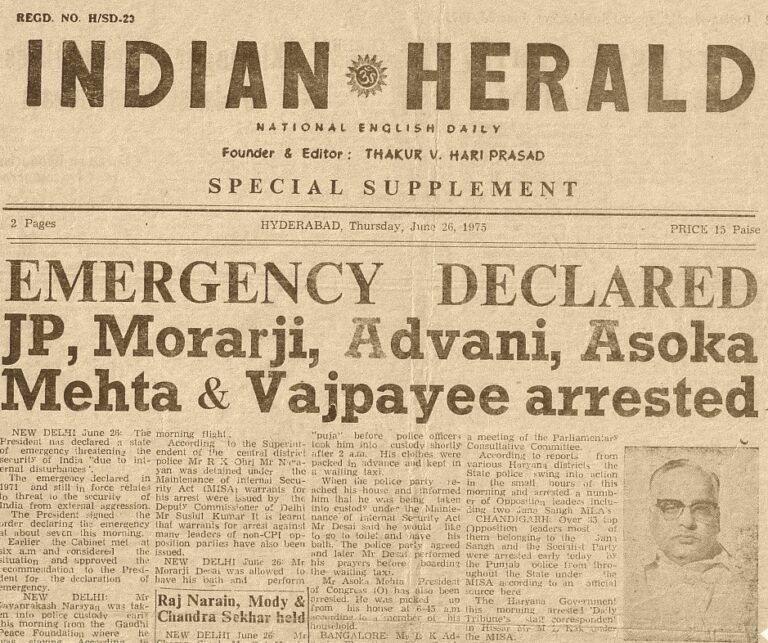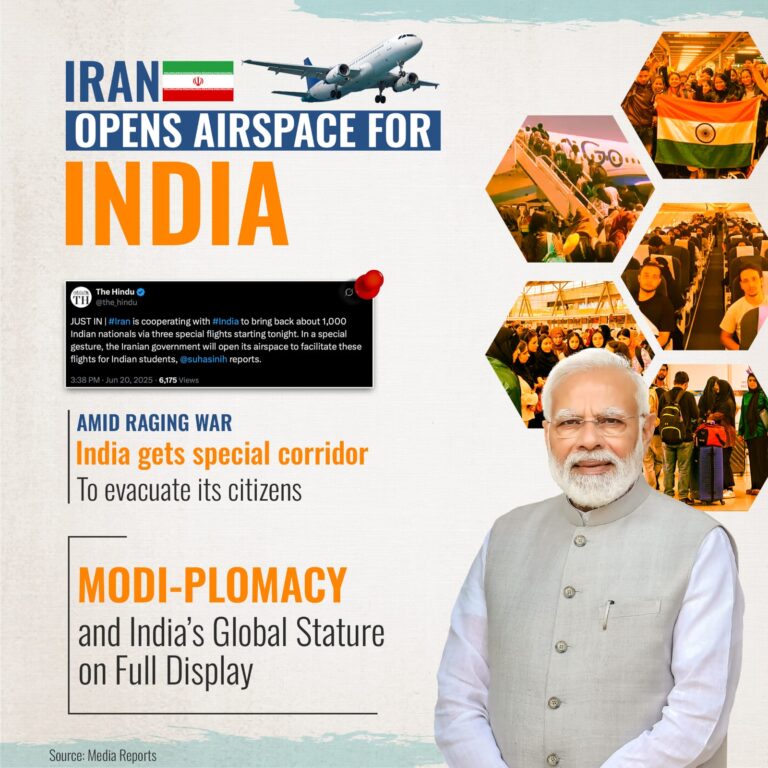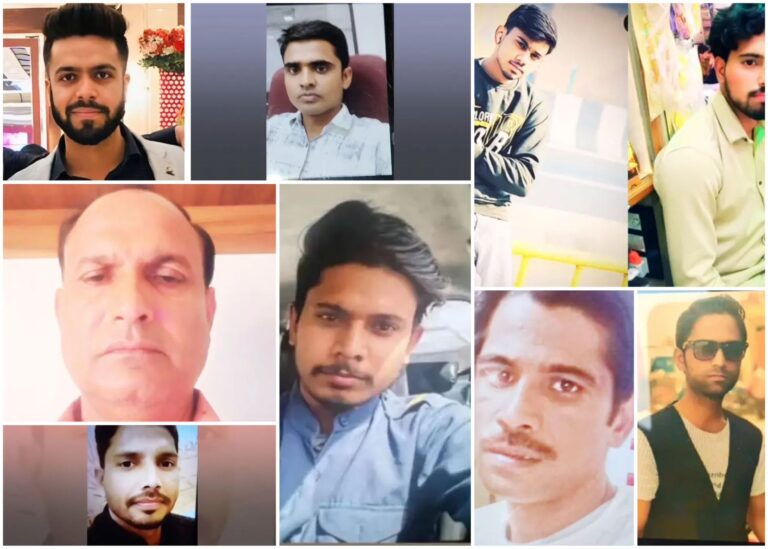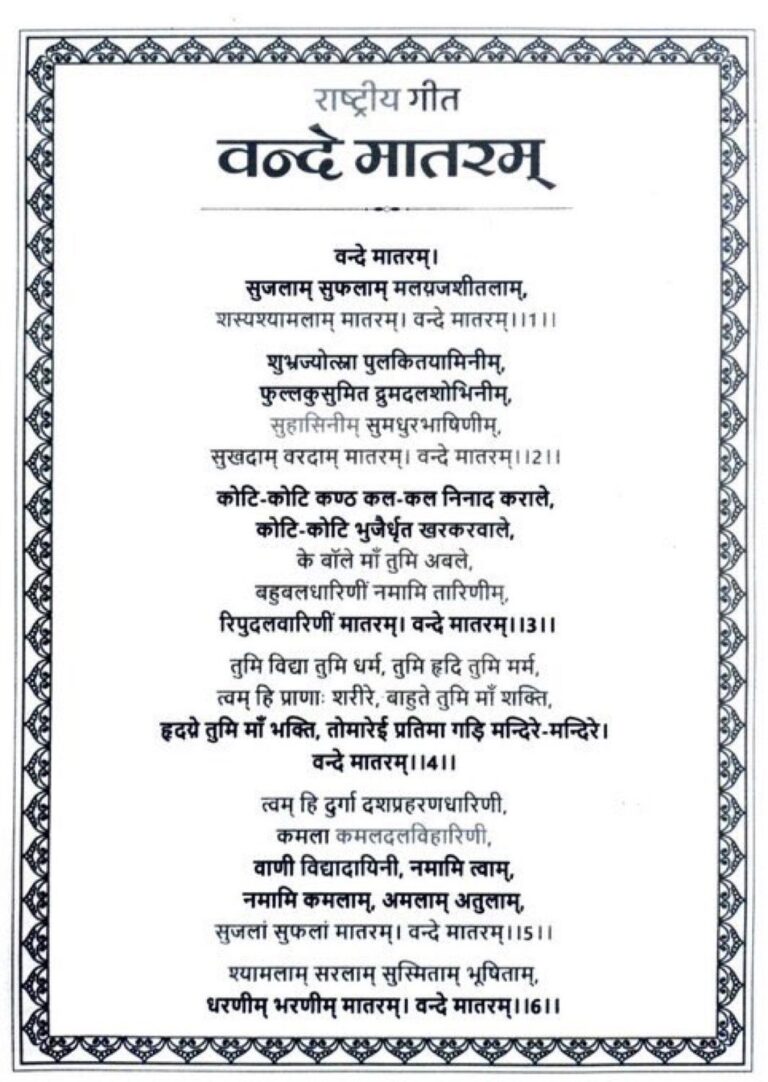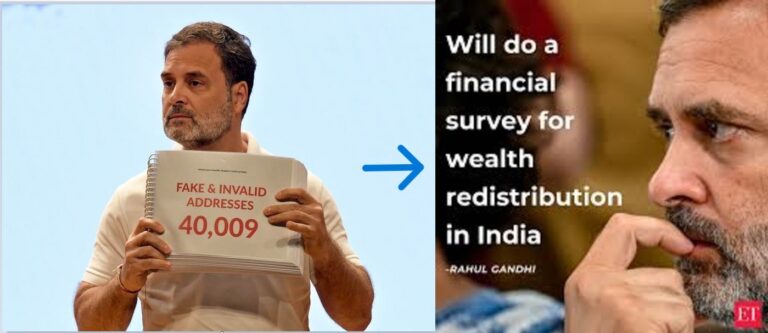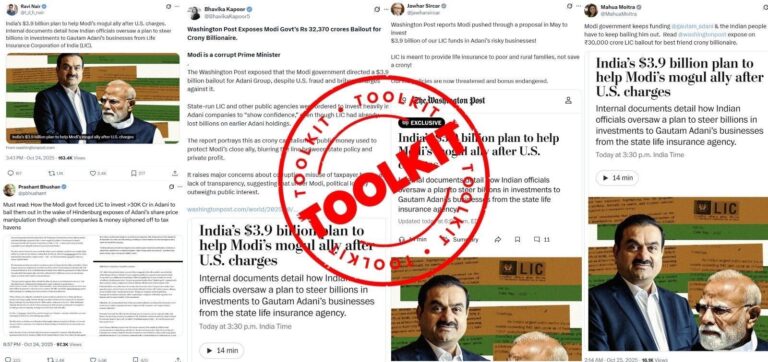The Hidden Flaws in Manmohan Singh’s Legacy: What Darbari Media Chooses to Ignore

Since the passing of former Prime Minister Dr. Manmohan Singh, media outlets have been inundated with editorials, op-eds, articles, and debates lauding his intellect, humility, and statesmanship. The Congress Party, too, has flooded social media with posts adorned with every adjective available to describe his greatness, seemingly in a bid to wash away the sins of its past—most notably, the disgraceful treatment meted out to former PM P.V. Narasimha Rao and party president Sitaram Kesri upon their deaths.
However, while the sycophantic media has focused on eulogizing Dr. Singh, it has conveniently turned a blind eye to the darker aspects of his tenure—areas where his conduct raised questions about his leadership, integrity, and accountability. From corruption scandals to economic mismanagement, the UPA government under his stewardship repeatedly found itself on the back foot.
Below, we expose these flaws, backed by excerpts from his own interactions with the media, available on the PMO’s website.
(*Source : https://archivepmo.nic.in/drmanmohansingh/press-details.php?nodeid=1143
https://archivepmo.nic.in/drmanmohansingh/press-details.php?nodeid=1738 )
On Dealing with Pakistan: A Policy of Weakness and Appeasement
Dr. Singh’s approach to Pakistan often appeared to stem from a position of helplessness. His desperation for dialogue, even in the immediate aftermath of the 26/11 Mumbai attacks, showcased his lack of a coherent strategy to deal with a rogue neighbor. Rather than adopting a firm stance against terrorism, his eagerness for talks reflected a troubling weakness, leaving India vulnerable on the global stage.

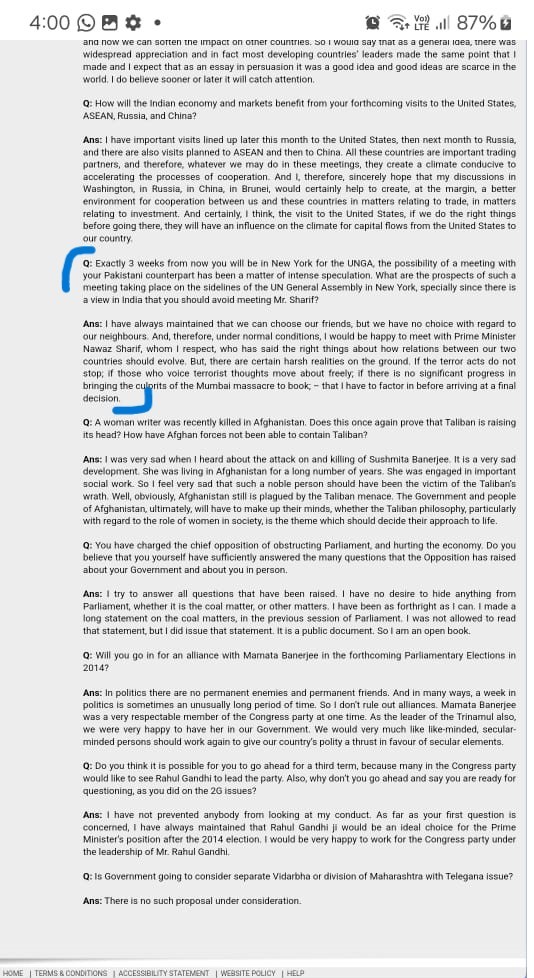
Turning a Blind Eye to Corruption: A “Gospel Truth” Approach
When questioned about the rampant corruption during his tenure, Dr. Singh’s responses revealed a startling level of naivety—or deliberate ignorance. In one instance, he admitted to blindly trusting his then cabinet colleague, A. Raja, in matters related to the allocation of 2G spectrum. Dr. Singh claimed he was “not a technical person” and assumed all processes were in place, as suggested by TRAI. This blind trust paved the way for the infamous 2G Spectrum Scam, a scandal that tarnished India’s reputation and led to Raja’s imprisonment.

Admitting and Justifying Corruption: A Shocking Defense
Dr. Singh’s admission of corruption under his watch was as candid as it was troubling. Responding to a journalist’s question, he openly stated that “all the bad things” (read: scams) had occurred during UPA-1, yet the electorate had still chosen to bring the Congress-led UPA back to power in UPA-2. This astonishing justification implied that electoral success absolved the government of accountability for its misdeeds.

On another occasion, his daughter quoted him as saying, “The political system creates corruption; elections need money.” This blatant acceptance of systemic corruption from a leader of his stature was nothing short of shocking.

“Paise Ped Pe Nahi Lagte”: Insensitivity Toward the Poor
Perhaps one of the most callous remarks attributed to Dr. Singh was his response to the Supreme Court’s suggestion to distribute rotting food grains to the poor for free. Instead of considering the moral and humanitarian aspects of the proposal, he dismissed it as “impossible,” citing logistical challenges. His government’s alternative? Lower the prices “a bit further.” This response underscored his government’s insensitivity toward India’s poorest citizens, prioritizing bureaucracy over human lives.

A Legacy of Contradictions
While Dr. Manmohan Singh’s intellectual achievements and personal integrity are often highlighted, it is imperative to critically examine the failures of his tenure as well. His inability—or unwillingness—to address corruption, his questionable decisions on national security, and his apparent lack of empathy for India’s underprivileged paint a more nuanced picture of his legacy.
It is time for the media and the Congress Party to stop cherry-picking his accomplishments and acknowledge the systemic flaws that marred his tenure. After all, true leadership is defined not just by intellect but by accountability, courage, and the ability to stand firm in the face of adversity—qualities that, unfortunately, Dr. Singh often seemed to lack.


